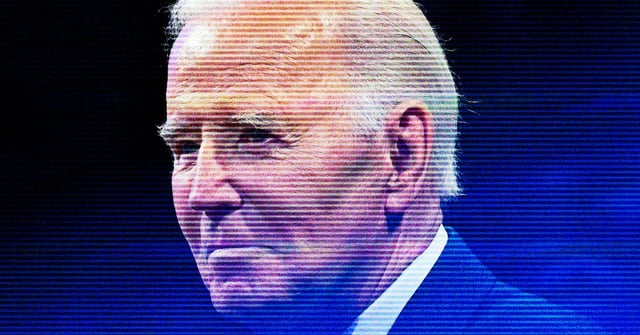YouTube Censorship Claims: Did the Biden Administration Really Pull the Strings?
The intersection of politics and social media is often a messy affair, rife with accusations of bias and censorship. Recently, those accusations have been leveled against the Biden administration, with claims that they pressured YouTube to suppress certain content. Lawyers for Alphabet, YouTube’s parent company, have even alleged the administration attempted to “influence” the platform’s content moderation policies. However, a deeper look, including interviews with YouTube employees, paints a far more nuanced picture and casts doubt on the more extreme claims.
The Allegations: What Alphabet is Saying
Alphabet’s legal team has argued that the Biden administration overstepped its boundaries by attempting to influence YouTube’s content moderation decisions, particularly regarding COVID-19 misinformation. The argument centers on communications between White House officials and YouTube executives. They allege these communications amounted to pressure to remove or demote content that contradicted the administration’s public health messaging. These communications, the lawyers claim, created a chilling effect, forcing YouTube to comply with the administration’s wishes to avoid potential repercussions.
The heart of the allegation is that these interactions went beyond simple dialogue. Instead, they believe that the administration insinuated consequences, such as regulatory action or public criticism, if YouTube didn’t adhere to their preferred narrative. This isn’t just a request for better information; it’s portrayed as an attempt to control the flow of information on a critical platform. The ramifications of this, if true, would be significant, potentially undermining the independence of tech platforms and raising serious First Amendment concerns.
The Employees’ Perspective: A Different Story?
However, reports suggest that interviews with approximately 20 YouTube employees tell a different story. According to these accounts, while communication with the White House certainly occurred, it didn’t necessarily translate to direct censorship or manipulation. Many employees described the interactions as being more collaborative, involving discussions about misinformation trends and potential solutions, rather than outright demands to remove specific content.
These employees also indicated that YouTube already had policies in place to address misinformation related to COVID-19 and other sensitive topics. These policies were developed independently and enforced consistently, regardless of external pressure. While the White House’s input might have influenced the prioritization of certain content or categories, it didn’t fundamentally alter YouTube’s approach to content moderation.
Furthermore, some employees expressed skepticism about the notion that YouTube would be easily swayed by external pressure. They emphasized the company’s internal review processes and its commitment to free speech principles, albeit within the confines of its established policies. The consensus appears to be that while communication with the government was a reality, it wasn’t the controlling force that some claim it to be.
Interpreting the Discrepancies: Where Does the Truth Lie?
So how do we reconcile the allegations from Alphabet’s lawyers with the accounts from YouTube employees? Several possibilities could explain the discrepancy. It’s possible that Alphabet’s legal strategy involves portraying the administration’s actions in the most negative light possible, to strengthen their legal position in ongoing debates about tech regulation and Section 230. Another explanation could be a difference in perspective. Executives and legal teams may focus on the potential implications of the communications, while employees on the ground may experience them differently.
It’s also crucial to remember that “influence” can take many forms. While direct censorship might not have occurred, the administration’s pressure could have subtly shaped YouTube’s priorities and algorithms, leading to certain viewpoints being amplified or demoted. This is not necessarily direct censorship, but could still impact the platform’s overall content landscape.
Ultimately, the truth likely lies somewhere in the middle. The Biden administration likely engaged in discussions with YouTube about misinformation, potentially expressing concerns and offering suggestions. YouTube, in turn, likely considered this input while maintaining its own policies and priorities. Whether this amounts to undue influence or simply responsible communication remains a matter of interpretation and legal debate.
The Ongoing Debate: Free Speech, Censorship, and the Future of Online Content
The debate surrounding YouTube and the Biden administration highlights the complex challenges of moderating online content in a politically charged environment. It raises fundamental questions about the role of government in regulating social media platforms, the balance between free speech and public safety, and the responsibility of tech companies to combat misinformation.
As social media continues to play an increasingly important role in our lives, these questions will only become more pressing. Finding a solution that protects free speech while ensuring the responsible dissemination of information will require careful consideration, open dialogue, and a commitment to transparency from all stakeholders. Whether or not the Biden administration crossed a line with YouTube, the incident serves as a critical reminder of the potential for government influence over online platforms, and the importance of safeguarding the principles of a free and open internet.
